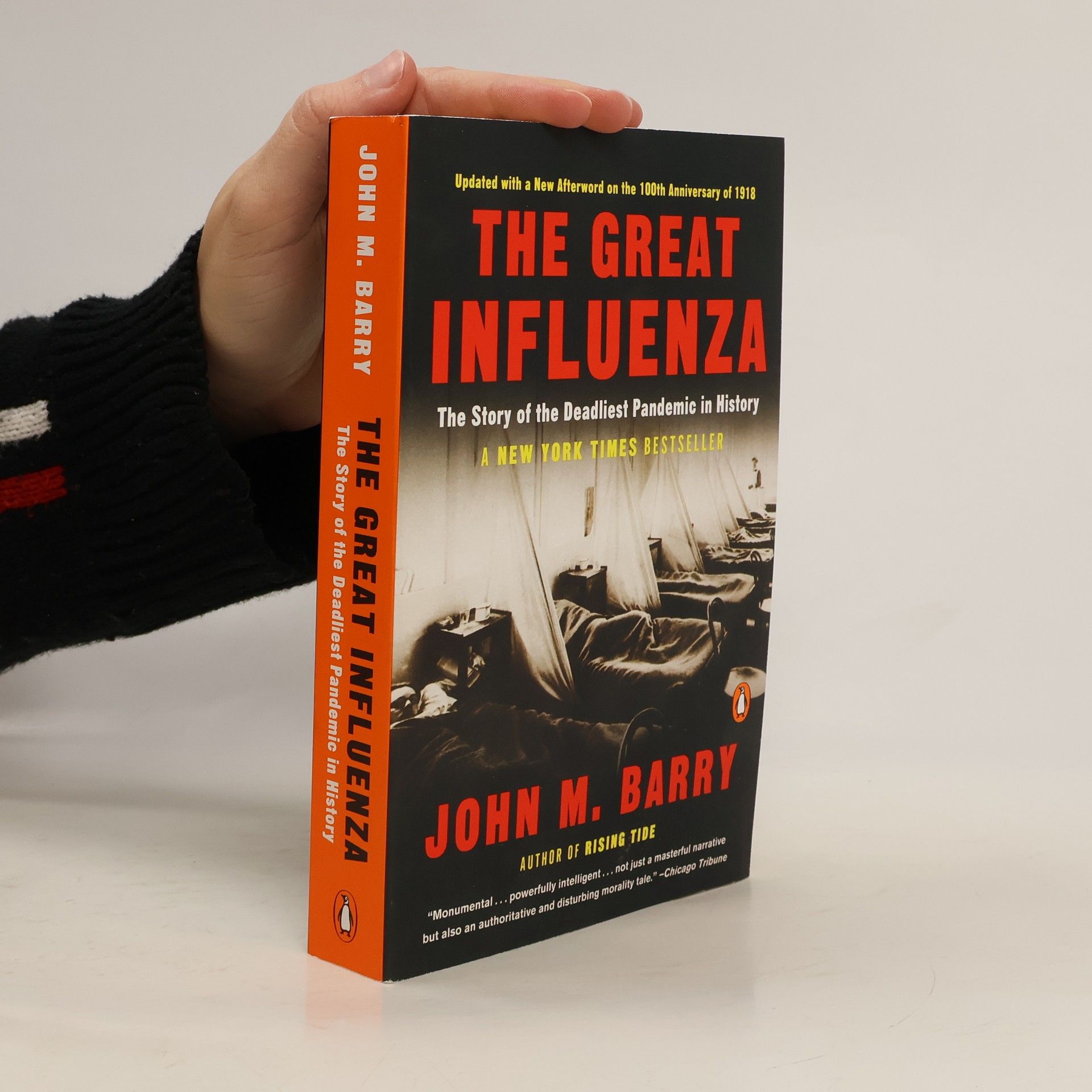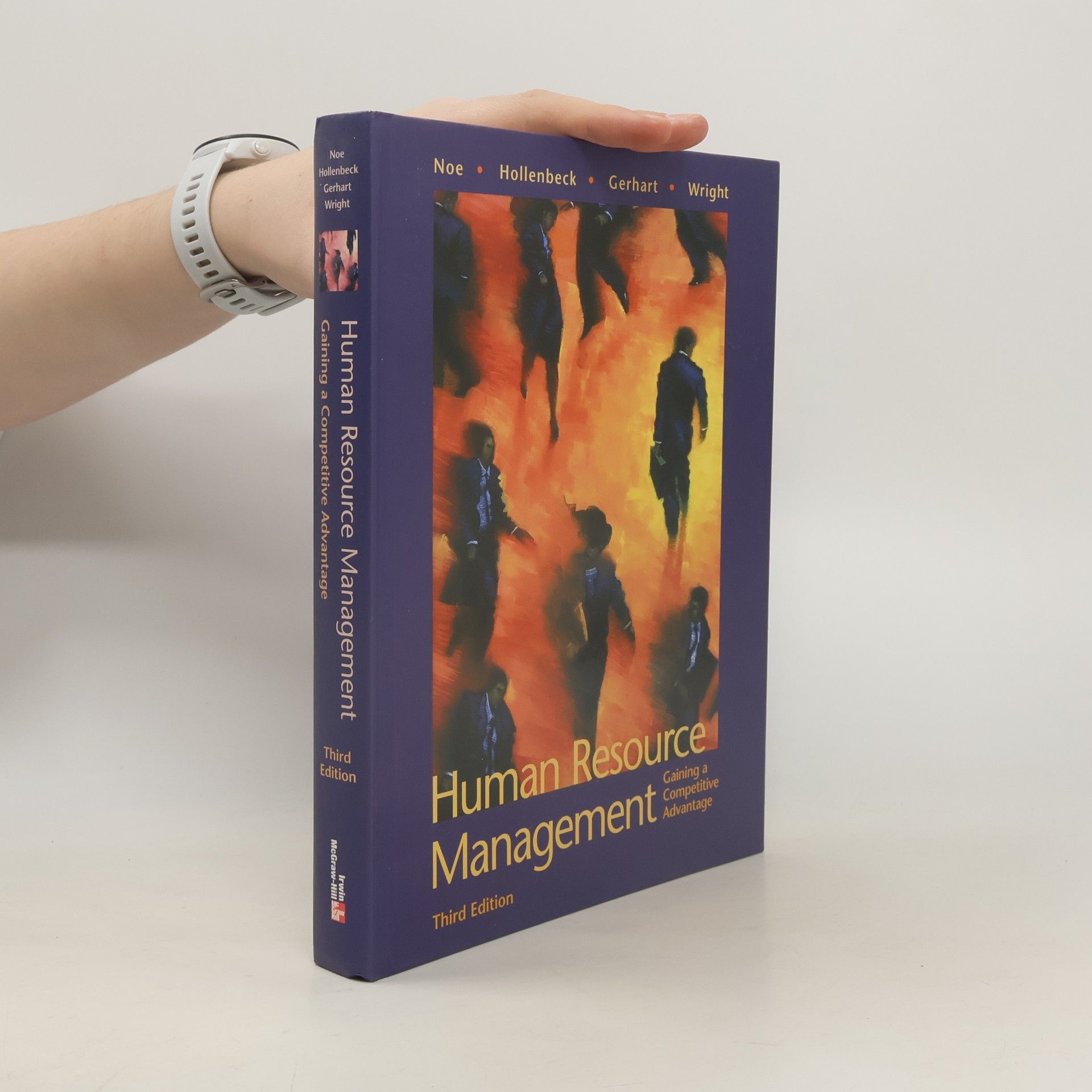Human Resource Management
Gaining a Competitive Advantage - Third Edition
- 672pages
- 24 heures de lecture
This best-selling Irwin/McGraw-Hill human resource management title comes out in a new and improved format in time for fall classes 1999. According to the authors, effective human resource management is necessary for a firm to gain true competitive advantage. The three challenges companies face are the global challenge, the challenge of meeting stakeholder needs, and the high performance work practices challenge. HUMAN RESOURCE MANAGEMENT provides students with the technical background needed to be a successful HR professional, to manage HR effectively, and most importantly to be a knowledgeable consumer of HR products and services. The text also emphasizes how managers can more effectively acquire, develop, compensate, and manage the internal and external environment that relates to the management of human resources.

